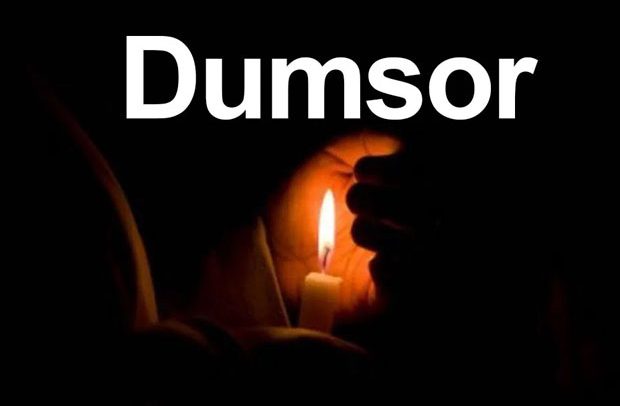Ghana’s power crisis has been a recurring issue, with frequent power outages, commonly known as ‘dumsor’, affecting businesses and households across the country.
However, according to Nana Amoasi VII, Executive Director of the Institute of Energy Security (IES), Ghana shouldn’t have experienced any ‘dumsor’ after 2017.
The country had all the necessary capacity to generate and supply power for consumption without any crises from 2017 onwards.
With a high installed capacity of 4,300 megawatts, Ghana had a dependable capacity to meet its energy demands.
However, the current government’s alleged mismanagement of the energy sector has led to the current power crisis.
Despite having a dependable capacity of 5,100 megawatts, Ghana is struggling to produce power, with current production levels at just 3,100 megawatts.
This has resulted in frequent power outages, affecting businesses and households across the country.
The current power crisis is not just a result of capacity issues, but also of the government’s failure to pay Independent Power Producers (IPPs) who generate power to support the state-owned power plants.
One of the main IPP firms, Sunon Asogli, shut down operations in early October this year due to the government’s indebtedness.
The IES has warned that Ghana faces a potential power crisis due to the government’s failure to address the root causes of power instability.
The institute has also accused the government of suppressing information in the energy sector, making it difficult for the public to access information on the power supply.
The power crisis has been a major issue in Ghana, with the previous government facing high incidences of power outages, which led to the coining of the term ‘dumsor’.
The current government had promised to address the issue, but the recent power outages have raised concerns about the government’s ability to manage the energy sector.
-BY Daniel Bampoe


